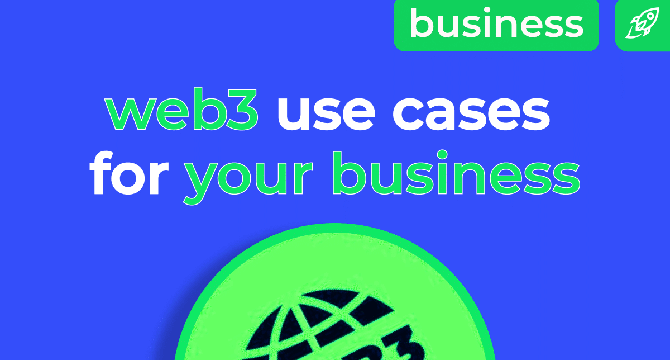Changelly
1M
174

Image Credit: Changelly
14 Web3 Use Cases Your Business Can’t Ignore in 2025
- Web3 use cases are expanding beyond crypto startups to industries like logistics, finance, education, and healthcare, offering decentralized solutions to real-world challenges.
- In 2025, Web3 technologies are essential for businesses, improving transparency, reducing costs, and enabling efficient global transactions.
- Decentralized Finance (DeFi) reshapes financial services by removing intermediaries, offering peer-to-peer lending, yield farming, and decentralized exchanges like Uniswap.
- Tokenization of assets, including real estate and intellectual property, allows fractional ownership and increased liquidity through blockchain-based tokens.
- Decentralized Identity (DID) solutions enhance privacy and security by giving individuals control over their personal data, contributing to the rise of Self-Sovereign Identity (SSI).
- Web3 impacts supply chain transparency, logistics, and healthcare, ensuring traceability, automating processes, and protecting sensitive information with blockchain solutions.
- Decentralized Autonomous Organizations (DAOs) enable community governance and decision-making without centralized control, fostering transparency and accountability.
- Smart contracts streamline business operations by automating tasks and triggering actions based on predefined conditions, reducing errors and promoting efficiency.
- Web3 revolutionizes social media, content monetization, NFTs, and gaming by empowering creators, eliminating intermediaries, and offering new ways to engage and monetize digital content.
- Decentralized storage solutions enhance data security, privacy, and availability by leveraging blockchain-based platforms like IPFS and Filecoin for secure, censorship-resistant storage.
- Web3 applications in education, energy, IoT, and autonomous systems offer innovative solutions for enhancing collaboration, security, and data management across various sectors.
Read Full Article
10 Likes
For uninterrupted reading, download the app